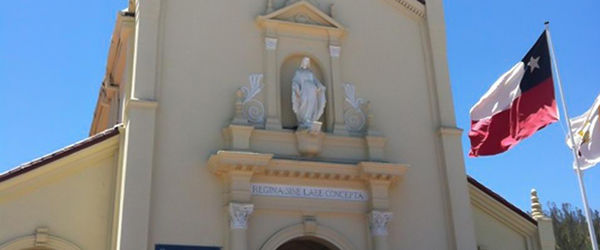The instruction, issued May 13, said pastors should approve such Masses for groups of faithful, even when such groups are small or are formed of people from different parishes or dioceses. These faithful cannot, however, contest the validity of the modern Mass or the authority of the pope. "In deciding individual cases, the pastor or the rector, or the priest responsible for a church, is to be guided by his own prudence, motivated by pastoral zeal and a spirit of generous welcome," it said. The instruction said that, depending on pastoral needs, bishops should make sure seminarians are trained in celebrating the Tridentine rite, or "extraordinary form" of the Mass. At the same time, the Vatican said the Pontifical Commission Ecclesia Dei would be responsible for ensuring local church officials were making the old rite available where warranted. The instruction was issued by the Ecclesia Dei commission and approved by Pope Benedict XVI. It came nearly four years after the pope, in an apostolic letter titled "Summorum Pontificum," relaxed restrictions on use of the Tridentine rite and said it should be made available in every parish where groups of the faithful desire it. The new instruction said the pope's letter of 2007 had three main aims: to offer the old rite to all the faithful as a "precious treasure" to be preserved, to guarantee the use of the old rite "for all who ask for it" and to promote reconciliation in the church.
Bishops say book critique was not meant to question author's service
WASHINGTON (CNS) — The harsh critique by the U.S. bishops' Committee on Doctrine of a Fordham University theologian's popular book was not meant to question the "dedication, honor, creativity or service" of the theologian's work, said a letter to faculty members at the university. Written by Capuchin Franciscan Father Thomas Weinandy, executive director of the Secretariat for Doctrine of the U.S. Conference of Catholic Bishops, the letter was sent April 28, 10 days after 179 Fordham faculty members from various academic departments offered their unconditional support to author Sister Elizabeth A. Johnson, a Sister of St .Joseph and professor of theology at Fordham. It was Johnson's 2007 book, "Quest for the Living God: Mapping Frontiers in the Theology of God," that was criticized by the committee for having "misrepresentations, ambiguities and errors" related to the Catholic faith. The doctrinal committee decided to assess the book in late 2009, after it became a popular choice of faculty who teach introductory theology classes on college campuses. The faculty members expressed dismay in their letter that the committee acted without talking with Sister Elizabeth, whose theological work is recognized internationally and has been honored with several awards. They also urged the bishops to "take steps to rectify the lack of respect and consideration your actions have shown for Sister Johnson both as a scholar and as a dedicated woman religious who has given a lifetime of honorable, creative and generous service to the church, the academy and the world."
Catholic agencies say arrival of refugees slowed by security measures
CHARLOTTE, N.C. (CNS) — The number of refugees taking shelter in the United States has slowed to a trickle following new security measures put in place by the U.S. Department of Homeland Security. Meanwhile, Catholic refugee resettlement offices across the country are left waiting, uncertain when the flow of refugees will begin again — and when it does, how many refugees may be allowed to enter the country. Last year, the United States welcomed 75,417 refugees — people escaping religious or political persecution, poverty, natural disasters and more. The number is determined every year by the president in consultation with Congress; the slots are divided among different regions of the world. In October, President Barack Obama authorized 80,000 refugees be accepted during fiscal year 2011, which runs from October 2010 to September 2011. Each year, the U.S. bishops' Migration and Refugee Services and its diocesan affiliates resettle between 27 percent and 28 percent of the total number authorized to come to the United States, with other aid organizations helping the rest. An MRS staffer in Washington told Catholic News Service May 16 that of 80,000 authorized for entry this year, the agency and its diocesan affiliates expected to resettle 23,358 refugees. But because of the slow down, only 38 percent of the number authorized by Obama have entered the United States.

